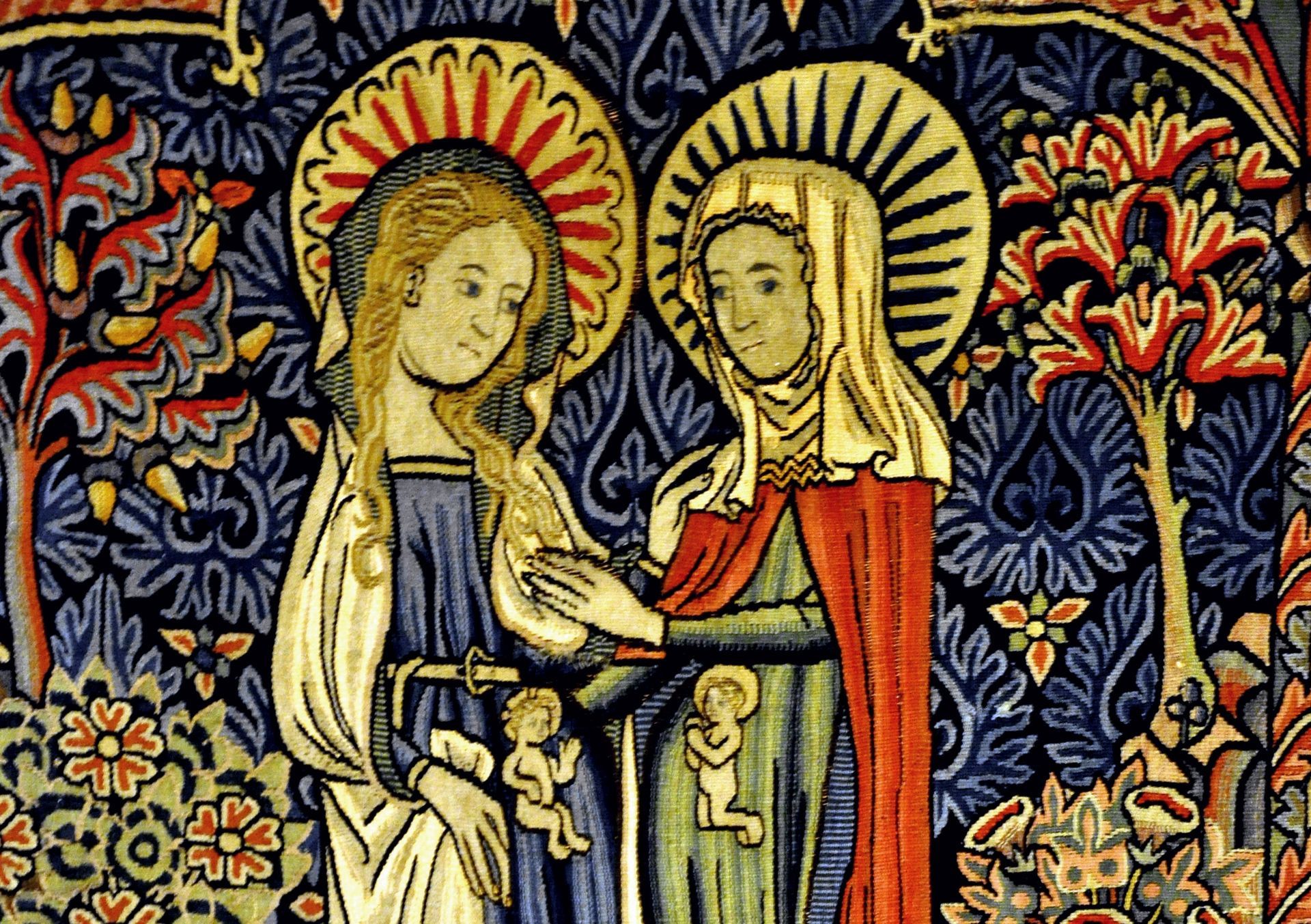Message of Abbot Paul - Thursday 21st December 2023
Abbot Paul • December 20, 2023
The O Antiphon for 21st December is O Oriens. Here’s a translation.
“O Dayspring, Brightness of Light everlasting, and Sun of righteousness; Come, and enlighten those who sit in darkness, and in the shadow of death.” The Prophet Isaiah wrote that, “The people who walked in darkness has seen a great light and on those who lived in a land of deep darkness a light has shone.” (Is 9:2) St Bede the Venerable wrote, “Christ is the morning star who, when the night of this world is past, brings to his saints the promise of the light of life and opens everlasting day.” John wrote in the Prologue to his Gospel: “In him was life, and the life was the light of men. The light shines in the darkness, and the darkness has not overcome it.” Jesus spoke of himself as being “the light of the world.” Christ’s coming among us is all about light shining in the darkness and the darkness being unable, in the end, to overcome and extinguish the light. This is what we celebrate during Advent, Christ who comes as light into our darkened world to bring life and hope. How the world needs Jesus, the light of life, today!
Our Gospel reading from Luke (Lk 1: 39-45) follows on from the passage we read yesterday. Mary is now with child, yet her thoughts are not for her own wellbeing but that of her older relative, Elizabeth, From the beginning of our Gospel narrative, we see that Mary is a young woman who willingly helps and protects others, especially the most vulnerable, the unborn child and those who are older and in need of a helping hand. “Mary set out and went as quickly as she could to a town in the hill country of Judah. She went into Zechariah’s house and greeted Elizabeth.” It’s no short distance that Mary walked (Did she even have shoes, I wonder?) in order to visit Elizabeth and she went “as quickly as she could.” You can’t help but love Mary, she’s such a caring and generous young lady. But then the unexpected occurs (But was it so unexpected for the women of faith concerned?) “Now as soon as Elizabeth heard Mary’s greeting, the child leapt in her womb and Elizabeth was filled with the Holy Spirit.” I wonder what words of greeting Mary used. Would they have been similar to the angel Gabriel’s greeting to Mary? Whatever her greeting, the child in Elizabeth’s womb leaps for joy and she is filled with the Holy Spirit, for Christ comes to bring the Holy Spirit to those who open their hearts to God. Filled with the Spirit, Elizabeth is inspired and cries out, “Of all women you are the most blessed, and blessed is the fruit of your womb. Why should I be honoured with a visit from the mother of my Lord? For the moment your greeting reached my ears, the child in my womb leapt for joy. Yes, blessed is she who believed that the promise made her by the Lord would be fulfilled.” Whoever is blessed comes from God and belongs to God, so this is a prophetic statement acknowledging the presence of God in both Mary and her child. Again, Elizabeth refers to Mary as “the mother of my Lord.” Here she proclaims the divinity of the child in Mary’s womb, that he is the Son of God, incarnate of the Holy Spirit. Mary is indeed blessed for her faith, “she who believed.” Mary is the woman of faith who believes that God’s promises will be fulfilled. That faith is reflected and shared by Elizabeth. Mary the Virgen of Nazareth, betrothed to Joseph the carpenter, believed the word of God in the message of the angel; Elizabeth in her advanced years also believed what the angel of the Lord had said to her husband Zechariah in the temple and she conceived John the Baptist. Let us pray today for the gift of faith, that we too may believe God’s promises to his people and receive with joy his gift of salvation in Jesus Christ.











